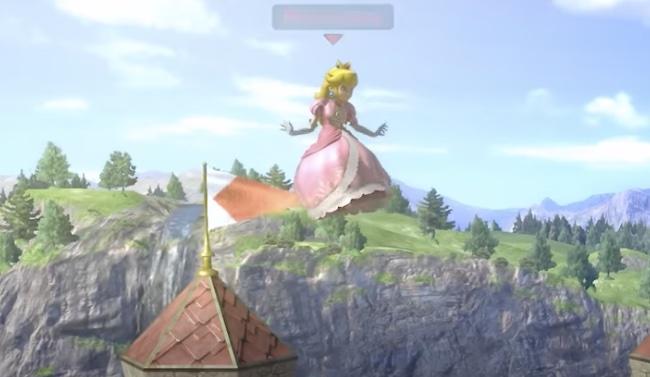Playing Super Smash Bros, particularly with a feminine character like Princess Peach, provides an intriguing opportunity to explore the intersection of gaming and feminism. While the game may not have been explicitly designed with feminist ideals in mind, analyzing it through a feminist lens can shed light on its potential shortcomings and suggest ways to improve its portrayal of gender.
To understand the feminist implications of playing Super Smash Bros., it is crucial to consider the game within the broader context of feminist theories. One such theory is the concept of gender representation which examines how media portrays and reinforces gender stereotypes. In the case of Super Smash Bros., Princess Peach’s character is often depicted as a damsel in distress, perpetuating the tired trope of the helpless princess awaiting rescue. This portrayal aligns with traditional gender norms, where women are portrayed as passive and in need of male intervention. As Chess says in “Play Like a Feminist”, “there is no shortage of examples demonstrating the sexist portrayals of female characters in games that are designed for a presumed masculine audience,” (pg. 56). However, Chess goes further to say that “the complexity of video games necessitates a nuanced perspective on what representation looks like.” Characters like Bowser and Donkey Kong represent archetypes of masculinity. Femininity is also portrayed in the prototypical form of a delicate woman, helplessly awaiting rescue.
Super Smash Bros’ emphasis on physical combat as the primary means of interaction may be seen as reinforcing the notion that power lies in physical strength. This focus on physicality can inadvertently marginalize individuals who may not identify with traditional forms of strength, contributing to the exclusion of non-masculine perspectives within the gaming community. Specifically, each character in Super Smash Bros’ has a signature move. Donkey Kong spins his entire body rapidly, appearing as a tornado of fists. Princess Peach, on the other hand, can float elegantly in the air for almost 5 seconds. Chess might agree that this portrayal of gender representation reinforces traditional roles. Some may argue that the game provides a platform for female characters to showcase their strength and skills in combat. Princess Peach’s unique abilities such as her float move can be empowering for players who identify with her character. Furthermore, it is well within the game’s mechanics for Princess Peach to overpower any other character. This perspective highlights the potential for agency when considering feminist gaming theories.
tornado of fists. Princess Peach, on the other hand, can float elegantly in the air for almost 5 seconds. Chess might agree that this portrayal of gender representation reinforces traditional roles. Some may argue that the game provides a platform for female characters to showcase their strength and skills in combat. Princess Peach’s unique abilities such as her float move can be empowering for players who identify with her character. Furthermore, it is well within the game’s mechanics for Princess Peach to overpower any other character. This perspective highlights the potential for agency when considering feminist gaming theories.
To improve Super Smash Bros. from a feminist perspective, diversifying the roster of playable characters to include more female fighters challenging traditional gender roles would be a positive step. While the Super Mario Bros. franchise is based upon the story of a damsel in distress waiting to be rescued, there is a possibility for additional female characters to have more complex narratives and empowering motivations. Additionally, incorporating gameplay mechanics that emphasize strategy, teamwork, and non-physical attributes would allow for a more inclusive and feminist gaming experience. For example, integrating elements of negotiation and problem solving would broaden the implied audience for the game.



